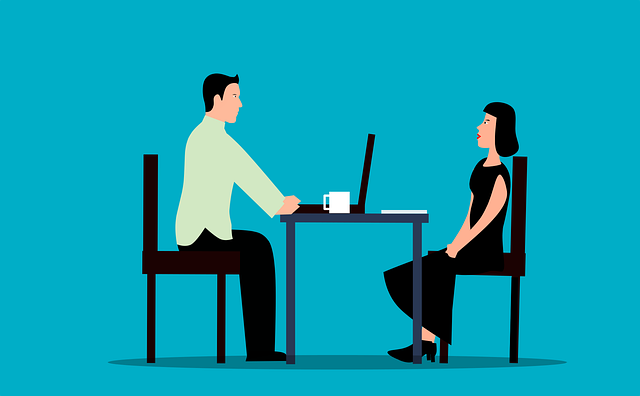How to Master Your Veterinarian Job Interview
When applying for a veterinarian job at a local clinic, you’ll need to prepare for an interview. Most employers won’t blindly hire new veterinarians without interviewing them. Interviews are an essential part of the recruitment process for most businesses — and veterinary clinics are no exception. During an interview, the employer can ask you questions to gain a better understanding of your experience, skills and qualifications. By mastering your veterinarian job interview, you’ll have an easier time securing the job.
Research the Veterinary Clinic
Take a few minutes to research the veterinary clinic at which you are seeking to get hired. The more you know about the veterinary clinic, the better you can prepare for the interview. The American Veterinarian Medical Association (AVMA) advises candidates to research veterinary clinics online. According to the AVMA, candidates should look up veterinary clinics on Google or other search engines. With a little research, you can learn about a veterinary clinic’s values, history and overall company culture. All of this information will help you prepare for the interview.
Bring a Copy of Your Resume
It’s a good idea to bring a copy of your resume to the interview. Assuming he or she doesn’t already have it, the employer will likely request a copy of your resume during the interview. Failure to bring it may not necessarily eliminate your chances of getting hired, but it’s still proper etiquette to bring a resume. With a resume, the employer can easily see your qualifications. At the same time, bringing a resume to the interview shows the employer that you are serious about the job.
Here are some tips to follow when creating a resume for a veterinary job:
- Add a cover letter.
- Double-check for grammar and spelling errors.
- Make sure your contact information is up to date.
- Include all relevant certifications.
- Keep your resume detailed but concise.
- Perfect your work experience and education.
- Add a list of references.
Disable Your Smartphone
Assuming you bring your smartphone to the interview, you should disable it. Smartphones can be distracting. Even if you don’t make a call during the interview, you may receive a call, a text message or a simple notification, any of which can trigger an audible sound. These audible sounds can be distracting. To master the interview, you need to disable your smartphone. You can either turn off your smartphone or set it to airplane mode. When set to airplane mode, your smartphone won’t be connected to any networks. Therefore, it shouldn’t trigger any audible sounds.

Dress for Success
You only get one chance to make a first impression, which is why it’s important to dress professionally for the interview. You don’t want to dress casually for the interview. Casual attire isn’t particularly professional, nor does it create a positive first impression. You’ll make a better impression on the employer by following a business casual dress code.
Business casual is a dress code that combines elements of both formal and casual attire. It’s not entirely casual, but it’s not entirely formal, either. For men, business casual can consist of a two-piece suit with a button-up dress shirt. For women, business casual can consist of a blouse and skirt or trousers. Unless otherwise requested by the employer, consider following a business casual dress code when preparing for the interview.
Arrive on Time
Don’t make the mistake of arriving late. When the employer gives you a date and time for the interview, set a reminder. Employers are busy people. When they schedule an interview for you, they’ll have to take time out of their otherwise busy day. As a result, arriving late sends the message that you don’t value the employer’s time. You’ll have a better chance of getting hired by arriving on time.
If you’re worried about being late, try to show up about 10 minutes early to the interview. Ten minutes will give you an additional window of time. Maybe you get stuck at a red light, or perhaps you need to stop at the gas station to fuel up your vehicle. Regardless, you’ll have a little extra time if you aim to be 10 minutes early.
Ask Questions
During the interview, the employer will probably ask you a variety of questions related to your skills, experience and qualifications. After all, that’s the primary purpose of conducting an interview during the recruitment process. With that said, you should use this opportunity to ask your own questions. You can ask the employer what responsibilities and duties come with the job, for example. You can also ask the employer what a typical workday consists of. Asking questions such as these will provide a deeper level of insight into the job for which you are interviewing. At the same time, it shows the employer that you are serious about the job.

